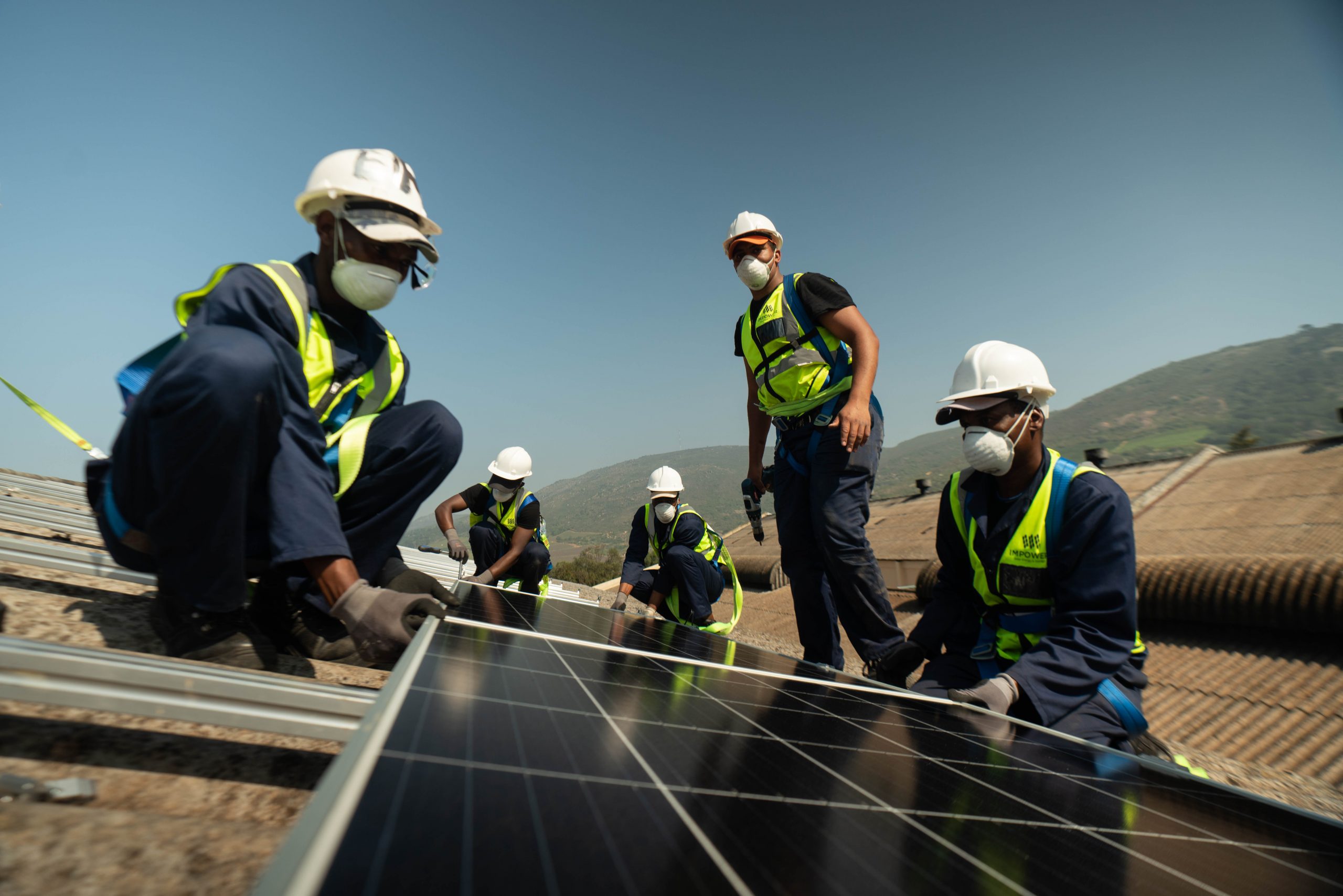
Africa could be a veritable boon for companies active in the field of green energy. And among European giants developing Renewable Energy (RES) technologies on the continent, Greek companies and Greek scientists are testing their strengths in a different investment environment and scientific field. There are many who talk about neo-colonialism, as Africans themselves have neither the know-how nor the economic power to develop clean energy. After all, 600 million people in Africa do not currently have access to electricity.
According to the OT, Mr. Giannis Tsipouridis who, as a professor at the University of Mombasa, is well acquainted with the energy sector in Africa, there is no room for its electrification to be done in the order that took place in the developed world, ie by utilizing fossil fuels as a first step. According to Mr. Tsipouridis, it must go directly to RES, but for this financial support is required, starting from the development of energy transmission networks.
“We are currently maturing various small photovoltaic projects, starting with a 10 MW project for the University of Mombasa itself. At the same time, a request has been submitted to the Commission for financing from the Green Deal package of clean water production projects with energy from photovoltaic parks,” he notes. He emphasized, however, that banks, which in recent years have shown a “green” face in Europe, excluding financial support for fossil fuel investments, continue to finance coal in developing countries. However, the World Bank has started and financed small photovoltaic projects and local networks in order to electrify villages or cities that are far from the grid.
Africa is in dire need of an energy transition. Fossil fuels, according to a study by the University of Oxford, recently published in the scientific review Nature Energy, are expected to remain the dominant source of electricity in African countries for the next decade. The researchers found that about 2,500 power plants were planned, enough to double electricity production by 2030. But less than 10% of the new power will come from wind or solar parks. Thus, there is a visible danger that Africa will be bound to a high-carbon energy mix for decades.
Greek and European companies in Africa
That is why experts say a cut from hydrocarbon shock is urgently needed to cancel many of the fossil fuel power plants currently being designed. Already the “METKA Power West Africa”, of Greek interests, in cooperation with the federal government of Nigeria. has developed hybrid power plants, using renewable sources, with integrated energy storage units and backup diesel production operation.
“Anipsotsotiki SA” also built the largest wind farm in Africa, in Kenya, which consists of 365 wind turbines and has a total capacity of 310 MW. However, given the infrastructure shortages on the African continent, it took two years for the network to reach the area so that the electricity produced could be transferred.
Smaller Greek companies have also begun to turn their attention to Africa in recent years. However, they must scramble to secure a good position, as leading European energy companies such as Italian ENEL, French EDF and others have already penetrated the African energy market.
The leap for Africa
Going directly to green energy, bypassing the conventional fuel stage, is not new to Africa. It has already happened in another sector, that of communications, investing only in mobile telephony technology and not in fixed land lines, with the result that today 90% of the inhabitants of the whole continent have access to telecommunication services. But in the field of electricity generation, the leap, according to researchers, can not be achieved before the end of the decade, with coal, oil, and gas dominating in 54 African countries by 2030, with only 9.6% planned to come from RES (excluding hydroelectric power).
Researchers, who studied older power plants and combined their findings with the 2,500 planned to be built in Africa, concluded that… size counts in reverse. That is the larger the unit the more frequent the failure. In any case, Oxford researchers believe that there is still time to turn the game around in Africa from fossil fuels to RES.
The plans of electrical interconnections with Africa
However, the potential of RES in Africa is enormous. It is no coincidence that Greek companies are already maturing large electricity interconnection projects to transfer clean energy from Africa to Europe, through Greece. In fact, at the end of March, the framework of cooperation (MoU) was signed between the Ministers of Energy of Greece and Egypt, Messrs. Costas Skrekas and Mohamed Saker El-Markabi for the promotion of Greece’s electricity interconnection plans with Africa.
The investment interest for cross-border interconnection projects has already been reflected in the list of “Projects of Common Interest” (PCIs) that had been put to consultation at the beginning of the year by the European Commission. The list in the electricity sector includes four transport infrastructures of Greek-African interest. It’s about:
-Green Power 2020 project LEG1, which is planned to connect North Africa, and in particular Egypt and Libya, with Crete in the context of the utilization of abundant solar energy on the African continent and its transportation to Europe, through Greece.
– The project of the electrical interconnection Greece – Egypt “Greece – Africa Power Interconnector” (GAP) of the company “Cycladic Meltemia” of the Greek group Eunice Energy Group (EEG).
– The project of the “Southern Aegean Interconnector”, also of the company “Cycladic Meltemia”, which will connect Attica with the Dodecanese and Crete and then through GAP with Egypt. The project is related to the “Aegean” project of the EEG group, amounting to 1.5 billion euros, which is in the final stage of licensing and includes the installation of 138 wind turbines on 23 Aegean islands.
– The electricity interconnection Greece – Egypt (GREGY Interconnector) of ELICA. The project was designed to be combined with the development of wind farms in Ras Ghareb and the transfer of “green” energy to Europe.
The final list of PCIs, which is reviewed every two years, is expected to be finalized by the end of the year after consultation. The inclusion of projects in the relevant list implies a faster licensing process and easier financing.
Latest News

Greece Defines Continental Shelf Limits and Maritime Zones in Landmark EU Document
The Maritime Spatial Planning (MSP) framework represents a comprehensive approach to spatial planning and is crucial for the successful development of a blue and circular economy

EU Praises Greece’s RRF Progress as Revised Recovery Plan Nears Completion
Athens is preparing to submit its revised “Greece 2.0” Recovery and Resilience Plan after Easter, with a slight delay from the initial timeline but with the European Commission’s approval.

Greek €200M 10Y Bond to be Issued on April 16
The 3.875% fixed-interest-rate bond matures on March 12, 2029, and will be issued in dematerialized form. According to PDMA, the goal of the re-issuance is to meet investor demand and to enhance liquidity in the secondary bond market.

German Ambassador to Greece Talks Ukraine, Rise of Far Right & Tariffs at Delphi Economic Forum X
Commenting on the political developments in his country, the German Ambassador stressed that it was clear the rapid formation of a new government was imperative, as the expectations across Europe showed.

Athens to Return Confiscated License Plates Ahead of Easter Holiday
Cases involving court orders will also be excluded from this measure.

Servicers: How More Properties Could Enter the Greek Market
Buying or renting a home is out of reach for many in Greece. Servicers propose faster processes and incentives to boost property supply and ease the housing crisis.

Greek Easter 2025: Price Hikes on Lamb, Eggs & Sweets
According to the Greek Consumers’ Institute, hosting an Easter dinner for eight now costs approximately €361.95 — an increase of €11 compared to 2024.

FM Gerapetritis Calls for Unified EU Response to Global Crises at EU Council
"Europe is navigating through unprecedented crises — wars, humanitarian disasters, climate emergencies," he stated.

Holy Week Store Hours in Greece
Retail stores across Greece are now operating on extended holiday hours for Holy Week, following their Sunday opening on April 13. The move aims to accommodate consumers ahead of Easter, but merchants remain cautious amid sluggish market activity.

Green Getaway Ideas for Easter 2025 in Greece
Celebrate Easter 2025 in Greece the sustainable way with eco-farms, car-free islands, and family-friendly getaways rooted in nature and tradition.


























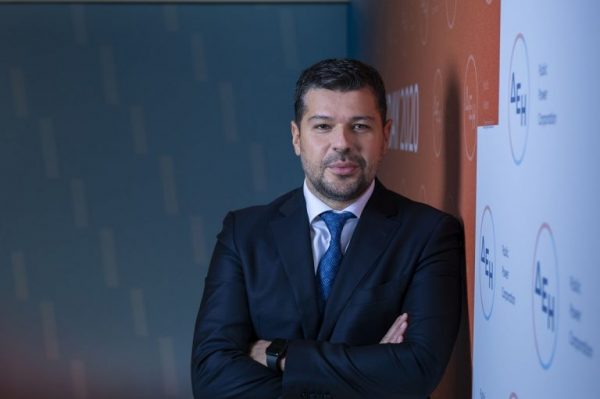

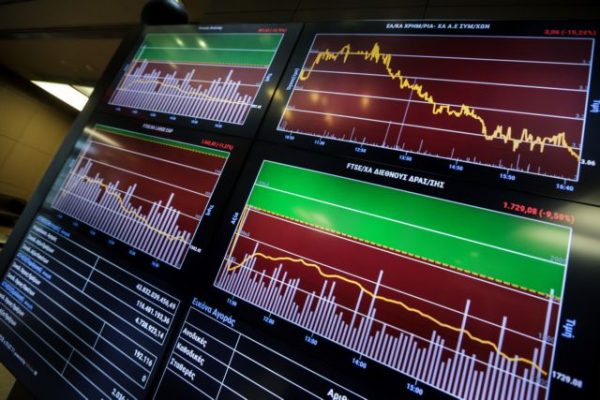
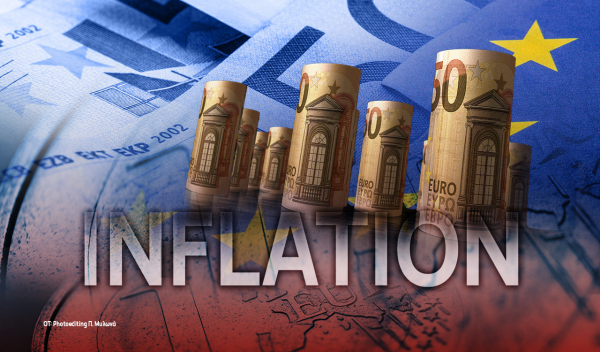




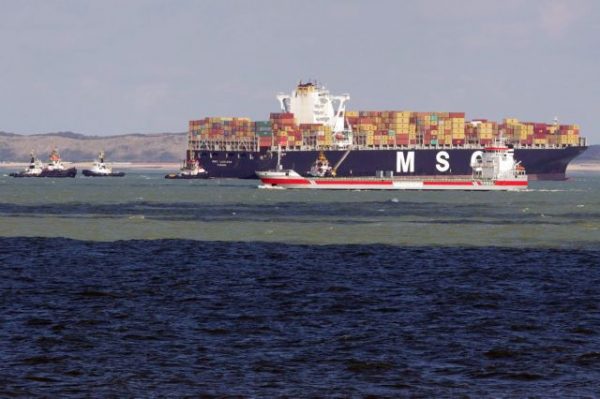

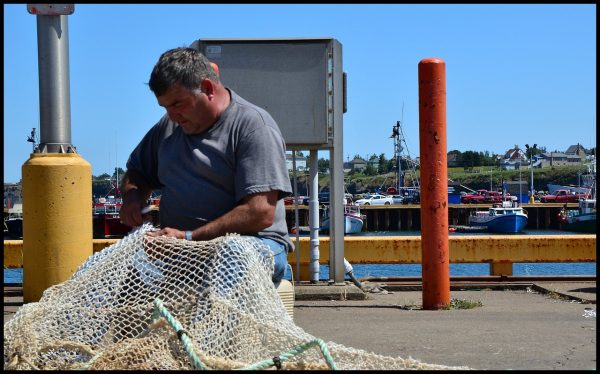

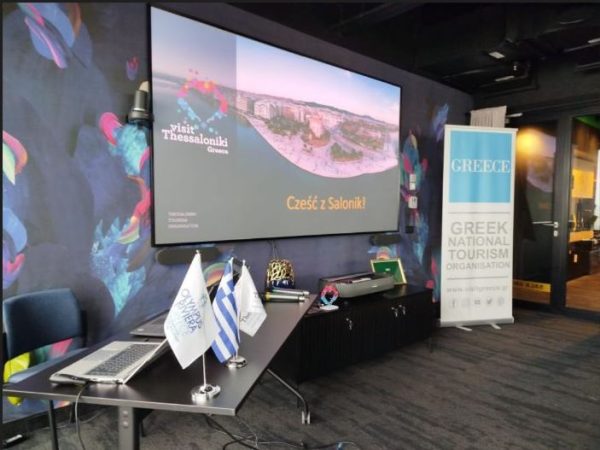


 Αριθμός Πιστοποίησης
Αριθμός Πιστοποίησης